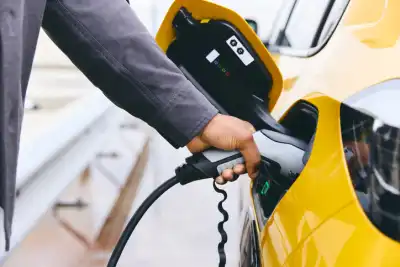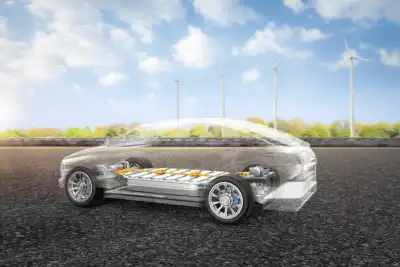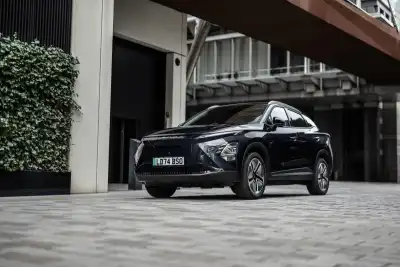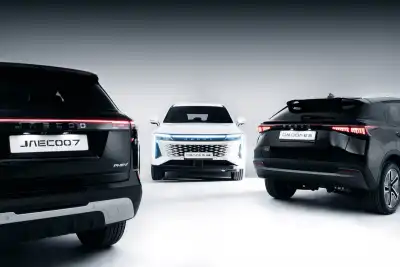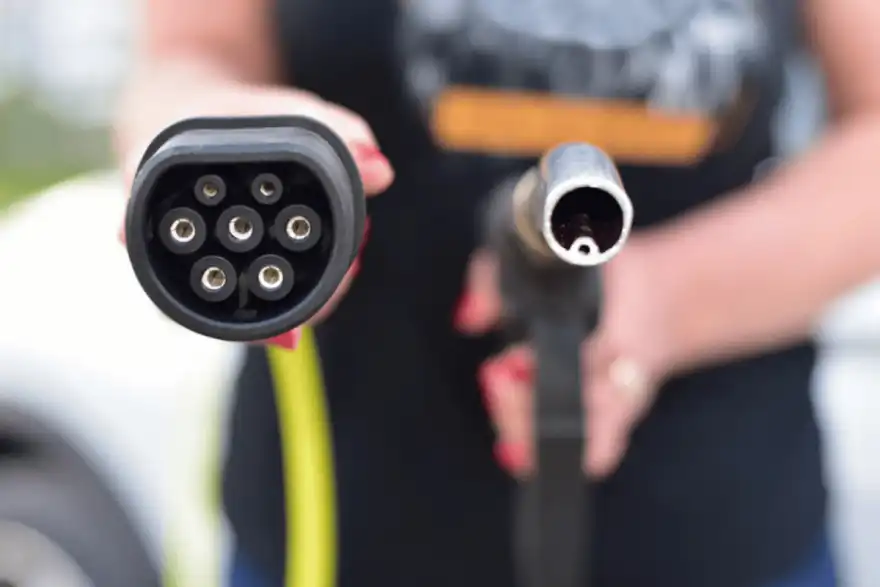
One of the biggest selling points of electric cars is lower running costs. Petrol prices have risen sharply in recent years, and many drivers are looking to EVs as a way to save money. But how do the numbers stack up once you include charging, servicing, tax and insurance?
Energy savings
Charging at home is usually the cheapest way to run an EV. On a standard tariff, most electric cars cost about 7p per mile. With an off-peak tariff this drops to as little as 2p per mile. In comparison, a petrol car often costs 15p to 20p per mile in fuel.
Public charging costs more, especially at rapid or ultra-rapid stations. Prices can be 60p to 75p per kWh, which makes running costs closer to 14p to 18p per mile. That is still often cheaper than petrol, but the gap is smaller.
Servicing and maintenance
EVs have fewer moving parts than petrol cars. They do not need oil changes, exhaust repairs or clutch replacements. Regenerative braking also reduces wear on brake pads. As a result, servicing can be 20 to 30% cheaper than on a petrol car.
Tax and insurance
At the moment EVs pay no road tax, though this will change in 2025 when a standard flat rate is introduced. Even then, the cost will still be lower than many petrol models.
Insurance for EVs has been higher in the past, but the gap is shrinking as more cars come to market and repair networks improve. Some brands already offer competitive premiums, and this trend should continue.
Depreciation
Depreciation used to be a concern for EV owners, but demand is rising. Brands like Tesla, Kia, MG and Omoda are seeing stronger resale values as drivers gain confidence in the technology. The arrival of new players like Omoda also creates more competition, which is positive for buyers and owners.
Final word
Most EVs are cheaper to run than petrol cars, especially if you can charge at home. Servicing is simpler, tax is lower and energy costs are usually much less. Public charging reduces the savings, but even then EVs often win. For a clear picture, you can use Regit’s fuel saver tool to compare your own car directly: https://www.regit.cars/electric-cars.

